Selective Sample Handling and Detection in High-Performance Liquid Chromatography
This is the second of a two-volume project which treats the handling, separation and detection of complex samples as an integrated, interconnected process. On the basis of this philosophy the editors have selected those contributions which demonstrate that optimal sample preparation leads to a simplification of detection or reduced demands on the separation process. Throughout the book emphasis is on chemical principles with minimum discussion of the equipment required - an approach which reflects the editors' view that the limiting factor in the analysis of complex samples is an incomplete knowledge of the underlying chemistry rather than the hardware available. This lack of knowledge becomes more evident as the demands for lower detection limits grow, as solving complex matrix problems requires a greater understanding of the chemical interaction between the substance to be analysed and the stationary phase. Thus, apart from one chapter dealing with chemically modified silicas, the main theme of the book is developed in three chapters on sample preparation and three on detection.The opening chapter outlines concentration and chromatography on chemically modified silicas with complexing properties, and gives examples of the use of these phases with organic and inorganic compounds. Chapter II, the first of the three contributions dealing with sample preparation, addresses such questions as whether the prepared sample is representative of the material to be analysed; how to avoid contamination; which separation procedure should be used to avoid tedious sample preparation. Chapter III describes the processing of whole blood for drug analysis. The determination of cyclosporine and its metabolites (an especially difficult case) demonstrates how comprehensive the optimisation of sample preparation must be to successfully perform the analysis. Several other examples are also given. Chapter IV deals with radio-column liquid chromatography and introduces the other theme of the book, i.e. selective detection methods. The widespread use of radioisotopes requires a high degree of purification during the manufacture of the compounds, as well as highly accurate detection methods in biological and biochemical studies.Chapter V continues the theme of selective detection with an overview of post-column reaction detection.
{{comment.content}}

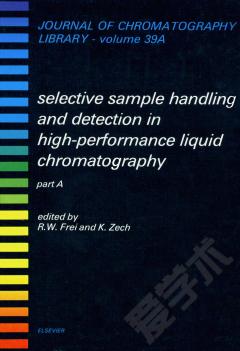
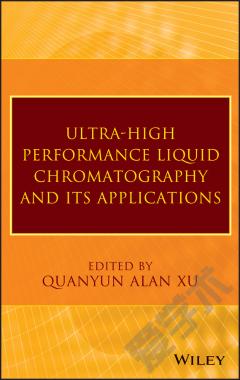
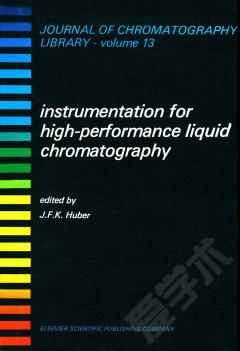
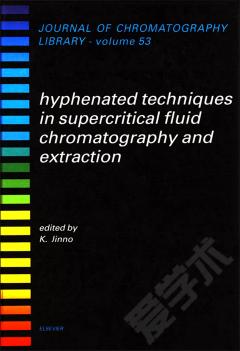
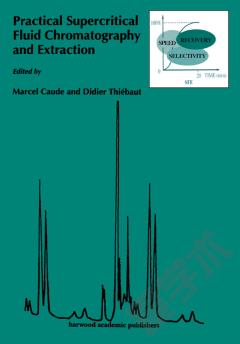
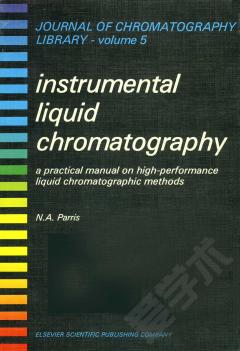

 京公网安备 11010802027623号
京公网安备 11010802027623号